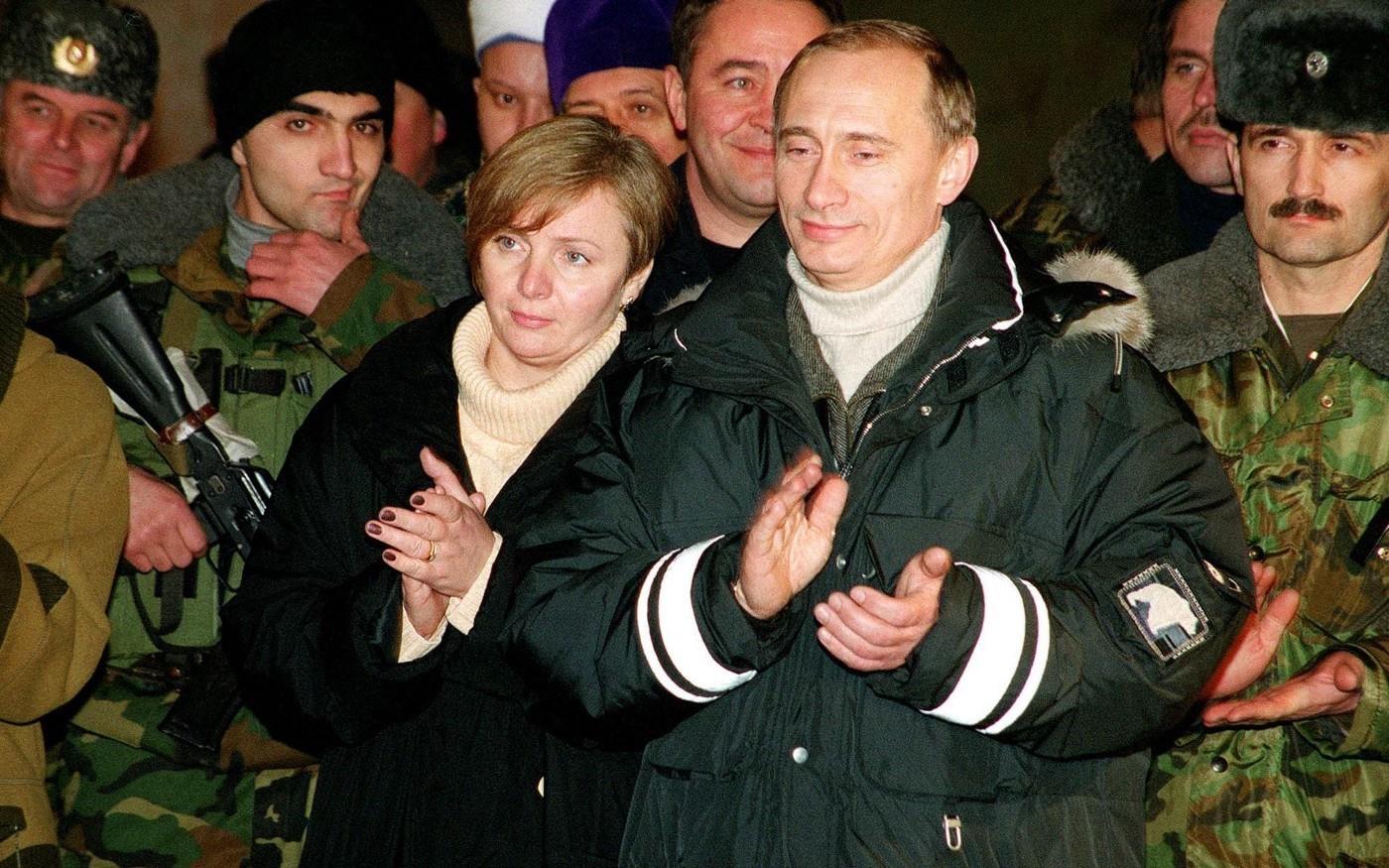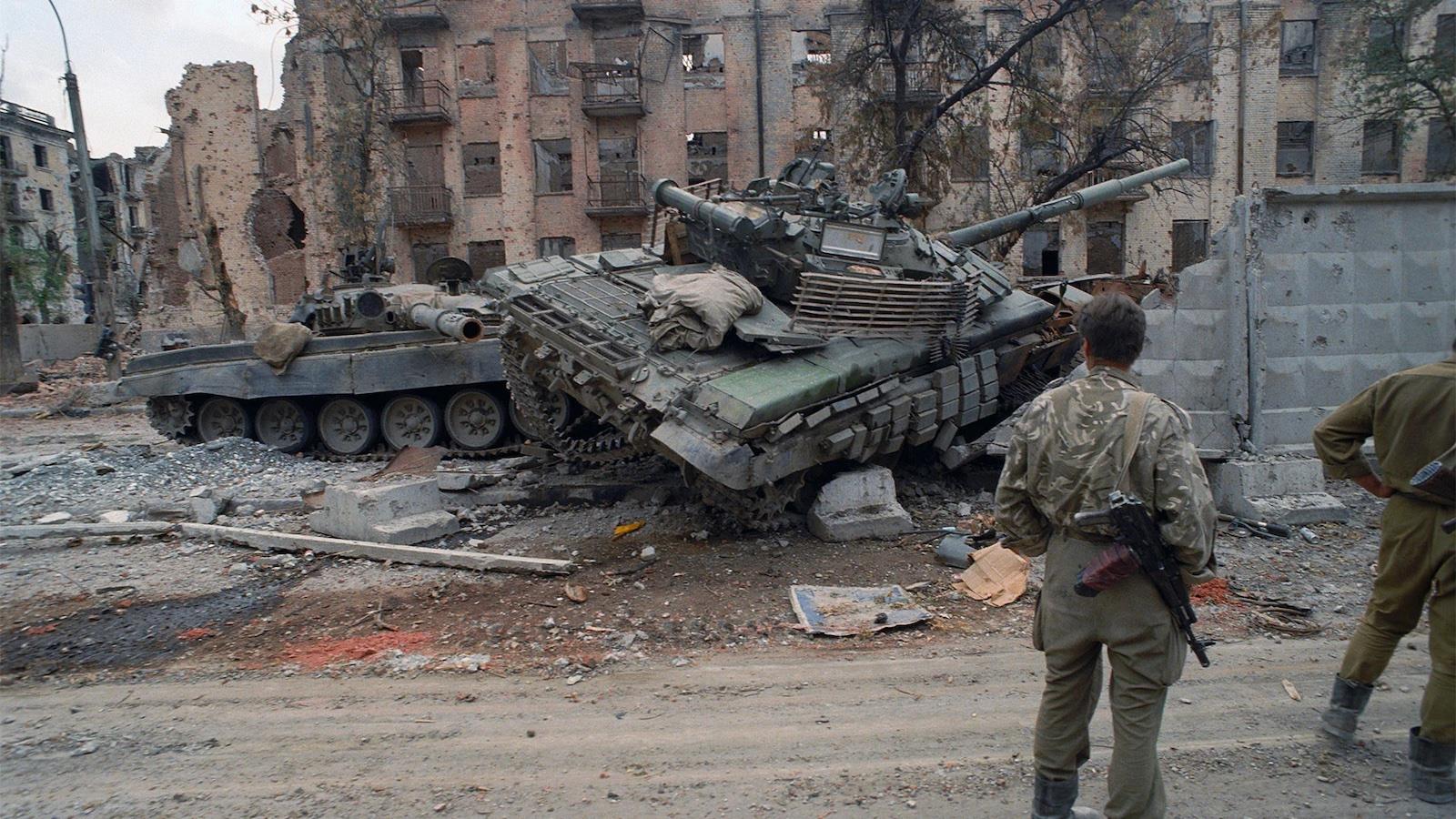(MENAFN- Asia Times)
Among the wars Russians previously fought during the last years of the Soviet Union and in the decades since the USSR collapsed, it might come as a surprise which the Ukrainian invasion most resembles. My pick: two wars in Chechnya, a much smaller and less developed country than Ukraine.
Chechnya fought for secession from Russia, first in the mid-1990s, under Boris Yetsin, and again in 1999-2000, under Vladimir Putin. The first contest ended when the Russian army withdrew, leaving the Chechens still within the Russian Federation. In the second war a half-decade later, popular Russian public hostility toward Chechen terrorists and heavy Russian air force bombing of Chechen towns helped to crush the rebellion.
The Russians let civilians out of Grozny, the Chechen capital, through a“humanitarian corridor” of the kind Putin keeps promising for Ukraine cities. When thousands of Grozny residents fled, Russia's artillery let fly. I happened to be on the outskirts of the city on Christmas Eve, 1999. The rate of artillery fire around the perimeter was a shell every three seconds.
In 2003, the United Nations declared Grozny, the Chechen capital,“The most destroyed city on earth.”
Even though Ukrainians lack the terror baggage of the Chechens and even though Ukrainians share Russians' Slavic roots, Putin is trying to conquer their country with Chechnya-style ultra-violent force. To justify it, he has somehow concocted the specter of a Nazi takeover of the former Soviet republic.

Acting Russian President Vladimir Putin and his wife Lyudmila applaud during a concert after an awarding ceremony in Gudermes, 30 kilometers (19 miles) east of Grozny on January 1, 2000. Putin visited Russian forces in Chechnya to praise them for the campaign to crush separatist rebels. Photo: EPA
Though not far from each other, Chechnya and Ukraine are vastly different. The Chechens are non-Slavic, Muslim and poor. They were severely persecuted during the Stalin era.
Chechens also hold a kind of romantic place in Russian lore. Their prowess as a warrior people was made legendary in the 19th Century novel Hadji Murad by Tolstoy.
Ukrainians are Slavs and most belong to the Orthodox Church, though the Ukrainian branch split off from Russian Orthodoxy in 2018. In World War II, the Red Army freed Ukraine from Nazi German occupation. In Putin's mind, he's saving them from rule by Nazi descendants.
Russians harbor a kind of disdain for Ukrainians as yokels. One of my Russian language teachers used to put down my poor command of grammar by saying,“Not bad if you're Ukrainian.” Russian commanders fielded green soldiers on the front lines nearest Kyiv on the grounds that entry to the capital would be easy.
As it had done during the Chechen wars, Russia is experiencing difficulty conquering Ukraine. A military assessment that the Ukrainians wouldn't put up much of a fight turned out to be wrong.
Twelve days into the war, no major city has fallen and the Ukrainians have exhibited a strong will to fight.
Russia has turned to the style of warfare it used in Chechnya: bombing the cities and killing civilians.“The strength of the Ukrainian resistance appears to have surprised Moscow,” notes Tracey German, professor of defense studies at King's College in London.“There has been a change in the Russian approach, shifting towards greater use of artillery and missile strikes against major cities.”
Video scenes accessible via the internet – a major way this war is being chronicled – show battered high-rise buildings, leveled houses, frantic civilians scurrying for cover.“It is a massive humanitarian crisis already, and it is only going to get worse,” says Michael Carpenter, the US ambassador to the Organization for Security and Cooperation in Europe.
The northern town of Kharkiv and the southern port city of Mariupol already have become examples of what awaits the capital, Kyiv, and other major towns: Surrender or face devastation.
Putin also has taken steps to correct a weakness that arose during the first Chechen war, when his predecessor Boris Yeltsin was still president: Back home the Russian public was horrified by the brutality of the invasion as well as by Russian casualties.

Destroyed tanks in Grozny during the 1st Chechen War. Photo: Reddit
Putin has simply censored news coverage of the current invasion.
It's not clear how long the Russian destructive tactics can remain hidden from Russians. Protests against the invasion have broken out in several Russian cities, especially in St. Petersburg.
There is a major difference in goals between the invasions of Chechnya and Ukraine. Unlike in Chechnya, Russia has set objectives that make it difficult to stop the war by just conquering the territory.
Putin has demanded not only that Ukraine never join the North Atlantic Treaty Organization but also that the former Soviet republics and satellites – that is, all of Eastern Europe – be demilitarized. He also wants the Crimean Peninsula, occupied by Russia in 2014, to be recognized as Russian national territory.
In talks with Putin during the past year, Western leaders have been willing to discuss all sorts of issues – for instance, nuclear arms, cyber-warfare, Afghanistan – but have been unwilling to talk about the actual demands he is making.
Even as those feel-good talks took place, Russian troops started gathering along Ukraine's borders and weaponry and supplies were being stored nearby. The West seemed to believe that the 2014 invasion was a one-off event.
In any event, the conquest and occupation of Ukraine by Russia could be costlier than anything that followed the wars in Chechnya or the military adventures in Georgia and Syria. (Even though the Russians had allies on the ground for the war in Syria, it still ended up heavily bombing the city of Aleppo.)
Not only are stiffer economic sanctions being put in place, including on access to Western finance, but Putin will have to support a destitute Ukraine and garrison it indefinitely.
For the moment, the high earnings from Russia's petroleum and gas exports ease the burden of invasion. But US President Joe Biden has decided to stop American purchases of Russian crude. Even highly oil-import-dependent Germany, Italy and other European countries are looking for ways to curtail purchases from Russia. If Russia's fuel sales to the West are replaced by Chinese purchases, Beijing may want a cut-rate deal.
Putin will be faced with the task of ruling an impoverished and hostile country. Moreover, he may have accomplished something that had long eluded NATO: getting all its members to fund defense at the rate of two percent of their GDP, something promised in 2014.
Of course, the burden of the war will fall heaviest on the Ukrainians. Unless the invasion is reversed, they will be tied to an increasingly dictatorial and economically depressed Russia.
Ukraine's President Volodymyr Zelensky has put on an inspiring performance via internet to urge Ukrainians to fight on. He has certainly midwived the birth of a nation.
He says Putin wants to kill him and he doesn't have to look far back in history to feed his suspicions. Russia has had a nasty way of dealing with Chechen leaders who resisted its will.
Dzhokhar Dudaev, commander of Chechen forces in the first Chechen war, was killed in 1996 when hit by two laser-guided missiles. They honed in on a satellite phone he was using after it was located by a Russian reconnaissance aircraft.
In 2005, former Soviet officer Aslan Maskhadov, who led Chechen forces in the second war, died in captivity when, according to his Russian captors, a somehow errant grenade went off near him.
MENAFN09032022000159011032ID1103822877